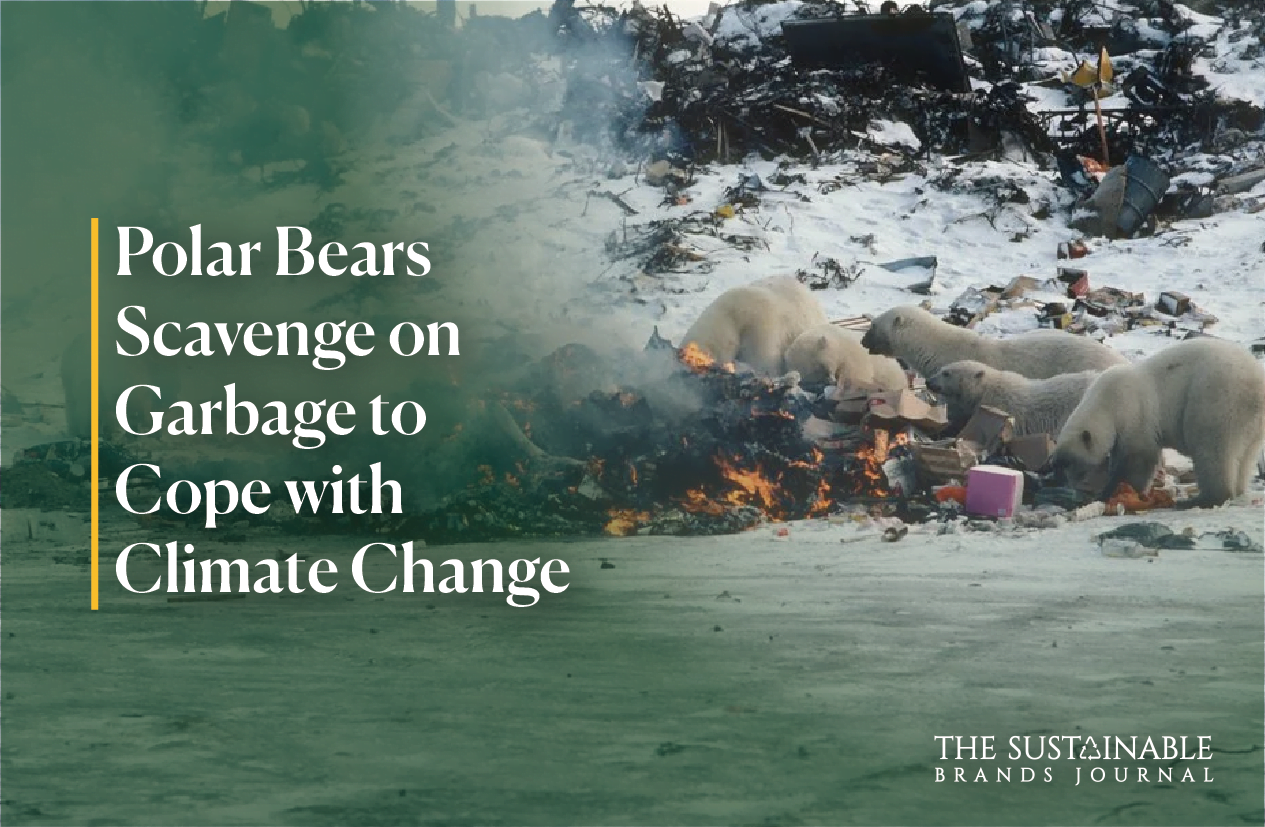
By 2050, pessimistic Britons expect net zero goals to be met
The Public First survey, however, found that most respondents supported a net zero transition. This is despite climate change ranking above Brexit and immigration as a more pressing issue than both
In a survey undertaken by the pollster Public First, it has been discovered that over 4,000 UK adults believe the government will make the necessary cuts to emissions. This will enable the government to achieve the government’s net zero emissions target by 2050. It has been found that although there is widespread public support for the government’s goals, many people believe the government will be able to reach them.
During the latest wave of political chaos to engulf Manchester, which occurred during the same period as the most recent hikes in energy bills, the most pressing issue facing the UK was the worsening cost of living, the dire economic outlook, and the embattled NHS, according to a poll conducted in June 2022.
In the minds of survey respondents, the climate crisis ranked fourth in terms of the most pressing issues facing the country. This is ahead of immigration, taxation, and Brexit as the biggest concern facing the country. Despite the worsening economic conditions, the survey findings are broadly consistent with those of a number of recent surveys. These surveys have shown that environmental and climate change are among the three or five most pressing issues worldwide.
British Gas commissioned a survey also finding a wide range of support for the UK’s statutory climate targets, which it commissioned as part of a carbon reduction program. However, the study also revealed that limited understanding of what the term ‘net zero’ means still remains. This is in addition to a significant sense of pessimism about the government’s ability to achieve this goal by the year 2015.
Approximately seven out of ten respondents agreed that the net zero targets was a sound idea when it was explained to them, but more than half – 54 percent – still lacked confidence that the UK government would be able to achieve it by 2050, and 19 percent thought that it would never be possible for the UK to achieve it.
There was a general consensus among respondents that the UK would reach net zero emissions by 2075 as opposed to 2050. This would be a quarter of a century behind schedule. This would put the world on a path to reach much more than 2C of warming this century if the current trend continues.
The public’s primary recommendations in response to the question of how the government should respond to the problem of rising energy bills are to build more low-carbon energy sources such as wind farms and solar farms and to install more insulation in people’s homes so they can spend less on heating and cooling.
Indeed, as numerous polls have shown for about a decade now, the survey shows a strong bias for renewable energy sources: 87 percent of respondents said they were in favor of expanding solar capacity, 84 percent were in favor of building more offshore wind projects, and 81 percent wanted to build more onshore wind farms. Additionally, 48 percent of factories produced more nuclear power plants than the previous year.
There has also been a growing recognition among UK adults as a whole when it comes to the need to make some kind of change in their homes. This is in order to combat the impact of climate change over the next few decades. 48 percent of homeowners have said they would be willing to make improvements to their insulation within the next two years. In addition, 42 percent said they would be willing to add solar panels to their homes.
Based on the results of the survey, more than half of the respondents – 51 percent – said that their family’s energy costs will be increasing in the next 12 months which may increase their likelihood of installing energy-efficient products, like insulation or heat pumps.
According to the research, some 35 percent of consumers are willing to install an EV charger in their homes if it is convenient for their lifestyle. EV chargers are particularly useful in areas with a high density of residents such as London.
While low-carbon heating technologies have been widely embraced in recent years, there is still a significant number of people who are uncertain about them. Just fourteen percent of respondents said they would consider a heat pump to replace a gas-fired boiler they currently use, while over two-thirds – 37 percent – said they would replace their existing gas-fired boiler with a similar model.
According to Andrew Middleton, managing director of British Gas’s new net zero business unit, today’s survey marks the debut of what is set to become an annual investigation of how British families perceive the environment and how climate change is affecting them.
He explained that the idea behind the study is to assist the firm in better understanding how people’s perspectives on climate might change over time. This is in an effort to better assist them in helping their customers in a more efficient and effective manner.
In Middleton’s view, one of the most meaningful parts of our plans is to support our customers as they reduce their emissions at home. To achieve net zero by 2050, we are making sure the right policies and frameworks are in place in cooperation with governments, regulators, and legislators. Our goal is to ensure we achieve net zero by 2050.
Added to this, he said that by focusing on a range of areas such as heat, road transportation, and the gas distribution network, we hope to accelerate the journey to net zero in the near future.
Source- Businessgreen

Prachi, an accomplished Chief-Editor at The Sustainable Brands Journal, has 15+ years of experience in Europe, the Middle East, and India, managing 90+ global sustainable brands. She’s a prolific writer in sustainability, contributing to various publications. Prachi’s unwavering passion and expertise make her a recognized authority, driving positive change and inspiring a sustainable future.





